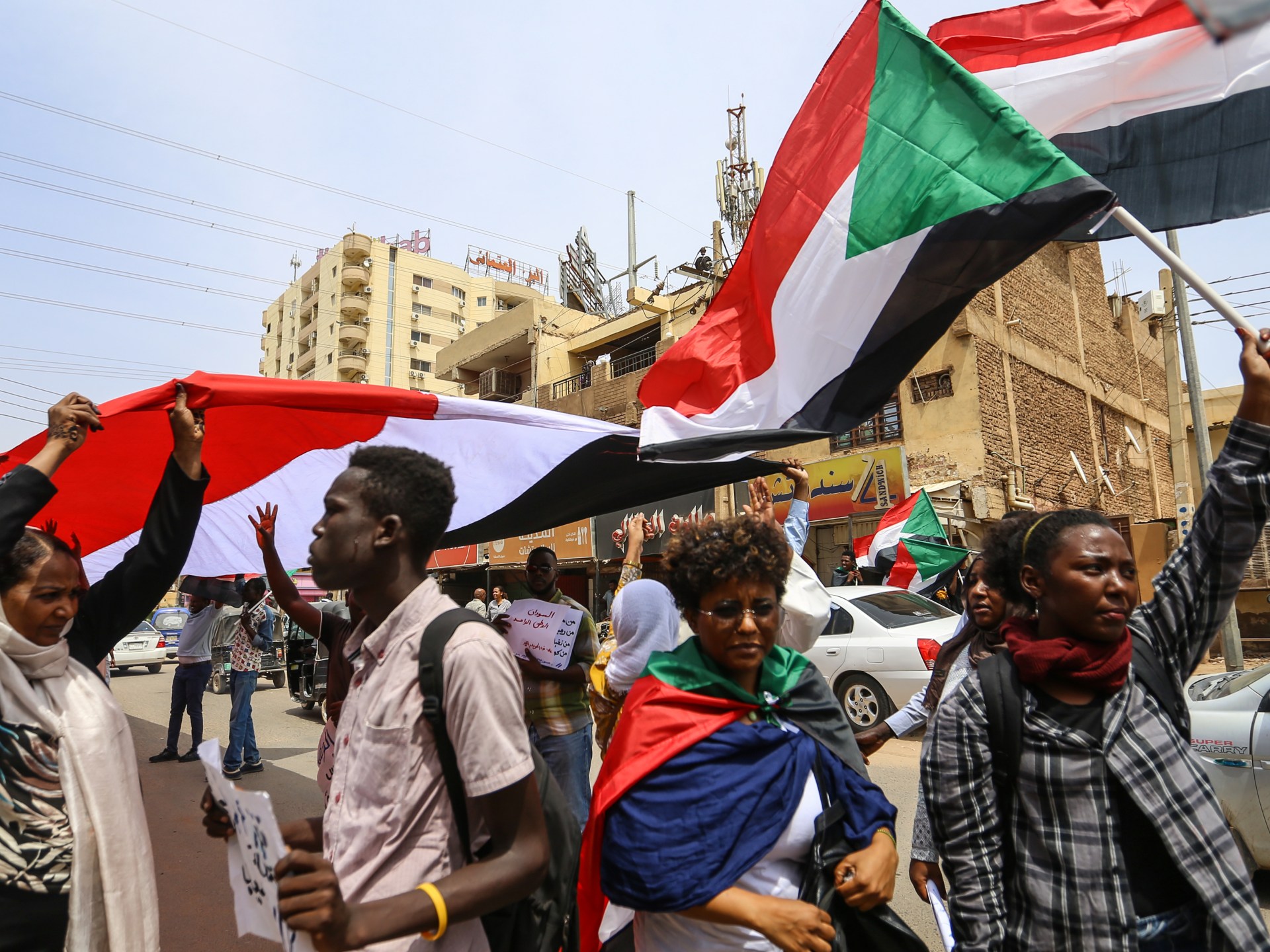The Sudanese authorities announced that more than 20 people were killed and 200 wounded, after renewed clashes in the city of Damazin, the capital of the Blue Nile region in the south of the country, during the past three days.
The governor of the Blue Nile region, Ahmed Al-Omda, said that the tribal disputes in the region are hampering the peace process.
The mayor added that the regional government is keen that its residents live in unity and peace, appealing to them to work to reject the tribe and hatred.
The State Security Committee had said earlier that the unfortunate tribal incidents renewed on Thursday afternoon in the Qunais East area and the Taiba Islamic Complex in the city of Al-Rusairis, without clear reasons.
The authorities decided to form an investigation committee comprising representatives from the regular forces, to find out the circumstances, re-ban the curfew in the cities of Damazin and Al-Rusairis from eight in the evening until five in the morning, and prevent unnecessary gatherings.
The State Security Committee appealed to citizens to abide by the decisions and to cooperate with the security services in order to maintain security, apprehend the intruders and perpetrators and bring them to justice.
The causes and outcome of the conflict
On July 15, the Blue Nile state witnessed tribal clashes that resulted in 109 deaths and dozens of injuries, according to the state's Minister of Health, Gamal Nasser, to Anadolu Agency.
On July 25, the United Nations revealed the displacement of more than 31,000 people, as a result of the recent tribal clashes in the Blue Nile.
As a result, several cities, including the capital, Khartoum, witnessed protests condemning the events of tribal fighting in the state of Blue Nile.
The tribal clashes took place following calls from the Hamaj tribe to expel the Hausa tribe from the state, as they are not indigenous people in it.

